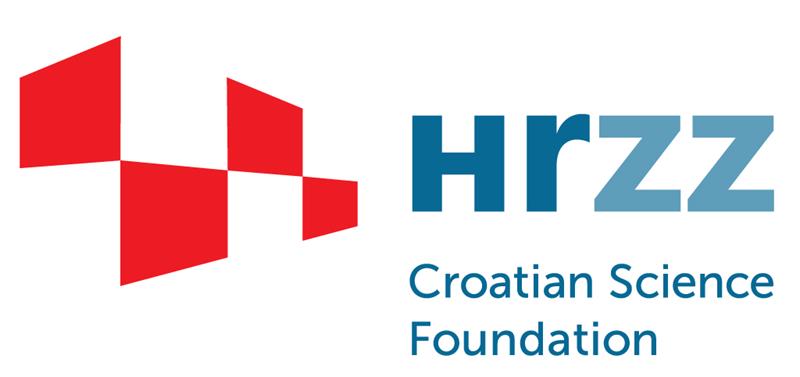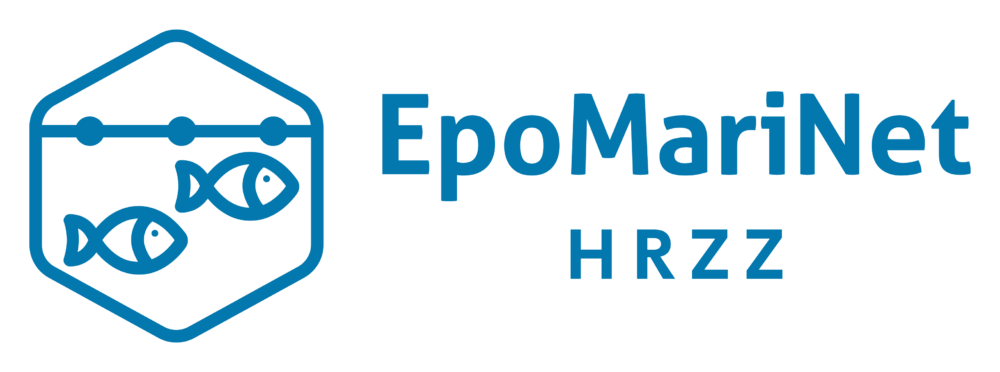PROGRAM:
Croatian Science Foundation Research Project IP-2022-10
PROJECT TITLE:
Enhancing Environmental Performance of Net-Pen Marine Aquaculture – EpoMariNet (IP-2022-10-7232)
BUDGET:
142,900.00 €
AcRONYM:
EpoMariNet
Duration:
29.12.2023 – 28.12.2027
The EpoMariNet Project focuses on identifying and reducing the negative environmental impacts of mariculture. It builds upon the research conducted in the previous HRZZ project, AquaPop.
The proposal includes three interrelated but distinct interdisciplinary research tasks aiming to build state-of-the-art knowledge that can contribute significantly to sustainable aquaculture.
The focus is on investigating:
(1) biological and geochemical processes underlying benthic enrichment by tuna farms, along with assessment of biotic indices and environmental indicators to refine tools for monitoring and managing impacts associated with tuna aquaculture,
(2) the reproductive performance and egg production capacity of farmed tuna in cages and the impacts of repopulating stocks from Adriatic farms,
(3) development of an algorithm to detect the origin of fish (wild vs. farmed) from digital images using computer vision and semi-supervised learning to ensure the traceability of farmed escapees into the commercial chain and the control of economic fraud.
Therefore, the project envisages both (i) fundamental research leading to new knowledge, data of interest to scientists and (ii) applied research aimed at improving the ecological performance of the aquaculture industry in EU.
The international and multidisciplinary research team consists of 15 participants from 4 institutions: the Institute of Oceanography and Fisheries (lead institution), the University of Zagreb Faculty of Electrical Engineering and Computing, the University of Bologna, Italy, and Texas Tech University, USA, who will collaborate on the implementation of the proposed project work plan. The project team at the Institute of Oceanography and Fisheries includes scientists from three laboratories: the Laboratory for Aquaculture, the Laboratory for Chemical Oceanography and Sedimentology, and the Laboratory for Fisheries Biology.
Principal investigator

Project partners
Project LEADER
Institute of Oceanography and Fisheries, PI Tanja Šegvić Bubić, PhD
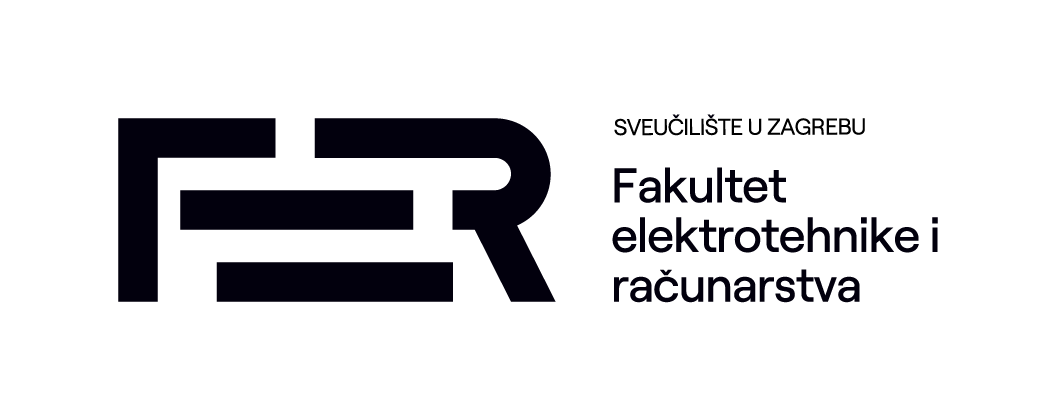
PROJECT ASSOCIATE
Faculty of Electrical Engineering and Computing, Siniša Šegvić, PhD

PROJECT ASSOCIATE
Alma Mater Studiorum – University of Bologna, asst. prof.dr.sc. Barbara Mikac
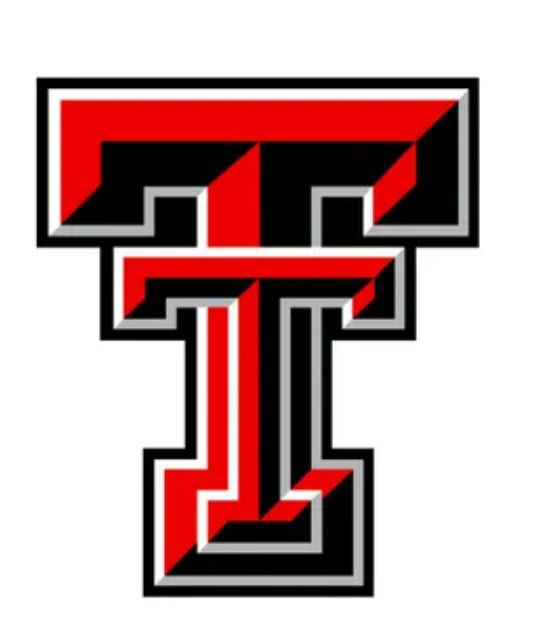
PROJECT ASSOCIATE
Texas Tech University, Department of Geosciences
News

New Publication: Automated Landmarking for Distinguishing Farmed and Wild Gilthead Seabream
December, 2025
We are pleased to share our latest research published in Ecological Informatics, which presents an automated approach to distinguishing farmed and wild gilthead seabream through geometric morphometrics. This work advances monitoring of farm escapes and seafood traceability. Using deep learning technology, we developed an automated system for identifying anatomical landmarks that improves reliability of body shape-based methods for origin identification—crucial for assessing fish escape events and evaluating interactions between aquaculture and wild populations. Interdisciplinary Collaboration:This publication exemplifies true interdisciplinary collaboration. We gratefully acknowledge the memory of Siniša Šegvić from FER, whose expertise and vision were fundamental to this research. We also thank Josip Šarić for his essential role in developing the deep learning algorithm for automatic anatomical landmark detection.
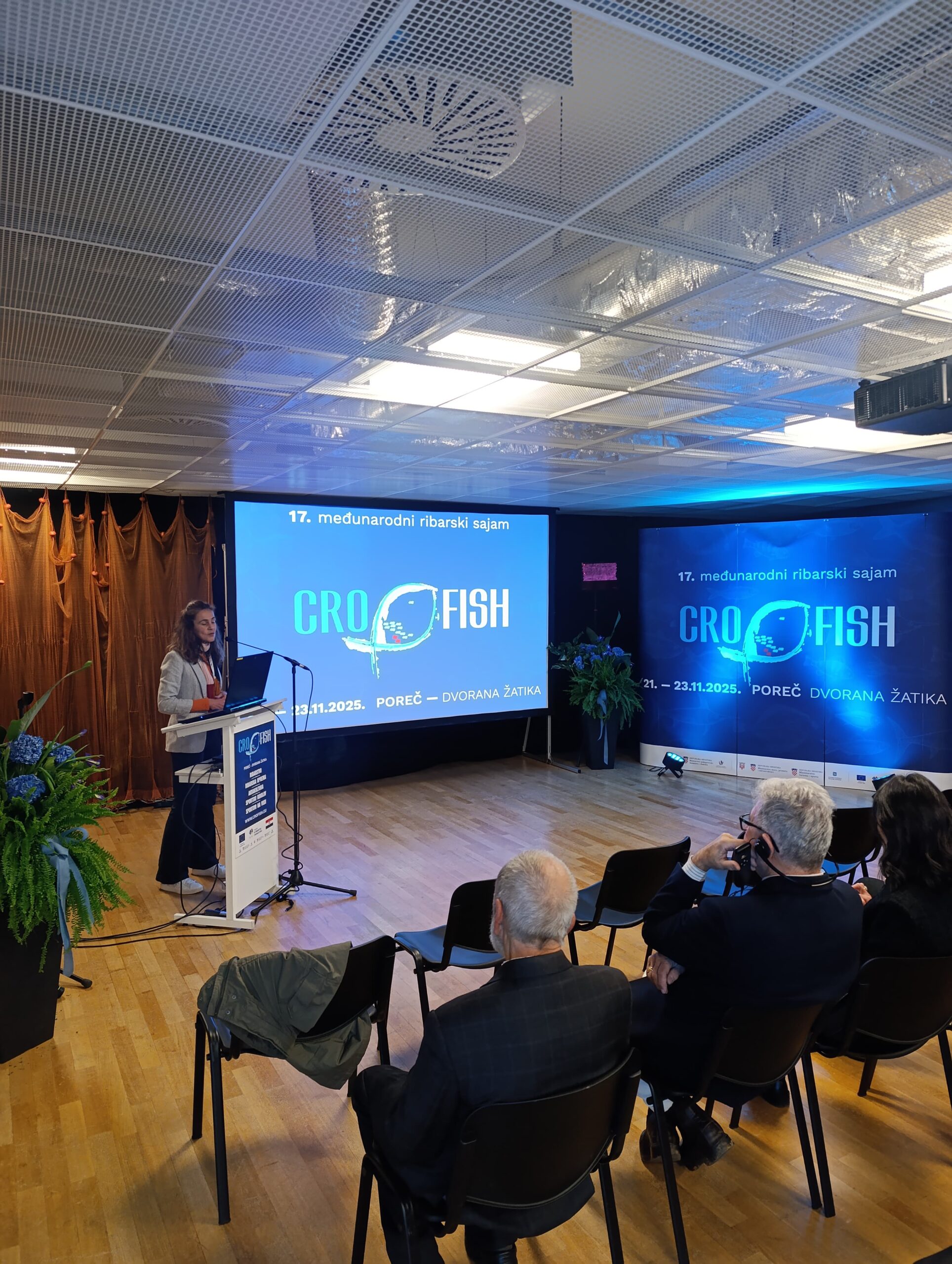
EPOMARINET at the CROFISH Fair
November, 2025
At the CROFISH Fair in Poreč, which brings together scientists, policymakers, and representatives from the fishing and aquaculture sectors, Dr. Tanja Šegvić Bubić held an oral presentation. During her talk, she outlined the project’s main objectives and discussed ongoing activities. The presentation emphasized the project’s contribution to increasing knowledge related to aquaculture environmental interactions and highlighted the importance of collaboration between researchers and stakeholders in the sector.

EPOMARINET at the ICCAT Standing Committee on Research and Statistics Meeting
September 21-27, 2025
PhD candidate Luka Žuvić participated in the meeting of the ICCAT Scientific Committee on Research and Statistics for Atlantic bluefin tuna and presented the first results of his doctoral research to experts in the field. The research focuses on the diet of Atlantic bluefin tuna in the Adriatic Sea, covering both juvenile and adult individuals, using DNA metabarcoding methods.

EPOMARINET at the European Researchers’ Night
September 30, 2025
During the European Researchers’ Night, we presented the EpoMariNet project. Visitors had the opportunity to learn about Croatian mariculture and how to preserve a healthy environment. Children discovered how to recognize wild and farmed seabream and their key morphometric differences. Around 10,000 people visited the event in Split.

Educational workshop “Your Marine Neighbors” at the Croatian Coral Center on the island of Zlarin
On February 24, 2025, an educational workshop “Your Marine Neighbors” was held at the Croatian Coral Center on the island of Zlarin as part of the BLUECONNECT2 project. The workshop was designed for children aged 9 to 14, aiming to introduce them to marine life while also addressing mariculture in the Adriatic Sea. During the workshop, participants had the opportunity to learn more about new research conducted within the HRZZ project EpoMariNet, specifically focusing on the reproductive biology of tuna, one of the most economically significant species in the Adriatic Sea.
We sincerely thank everyone who participated and look forward to future activities within our projects!

EpoMariNet presented at the European Researchers’ Night
The project’s goals and activities were presented at the European Night of Researchers on September 27, 2024, in Split. The event attracted around 8,000 visitors. Such events are crucial for popularizing science and bringing scientific research closer to the general public.
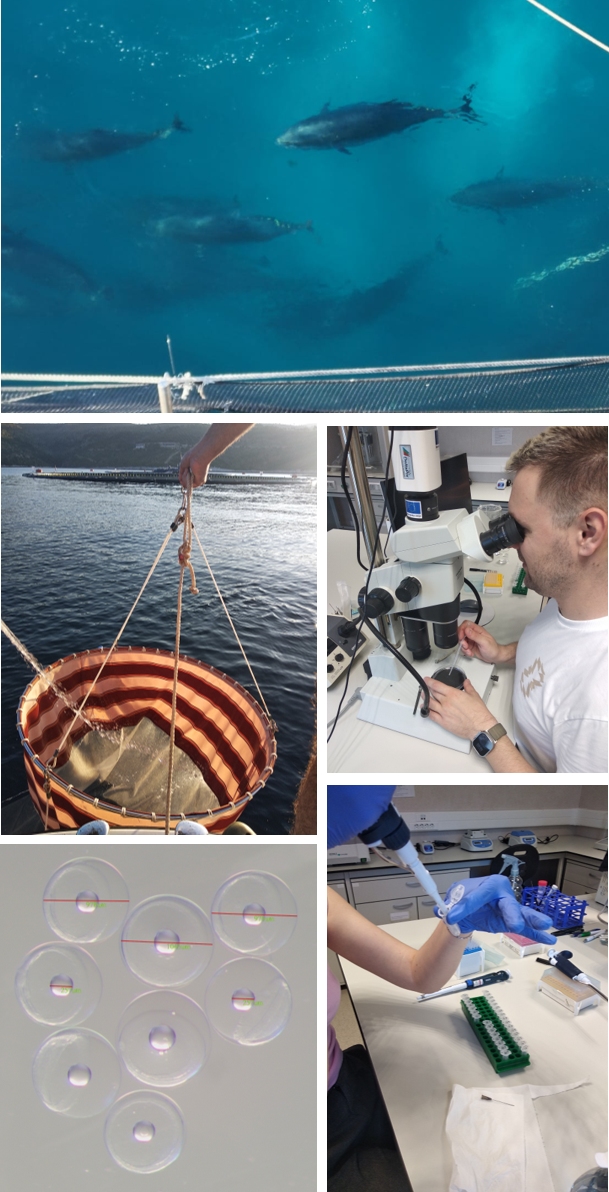
Sampling and Molecular Identification of Tuna: From Ichthyoplankton to Parentage Analysis (WP2)
At the end of May 2024, as wild tuna begin gathering for spawning, we initiated ichthyoplankton sampling around tuna farms using a plankton net. Since tuna spawning occurs in the early morning hours, we adjusted our sampling schedule to align with these conditions to ensure high-quality samples. Each sample was examined in the laboratory under a magnifying lens, and eggs with morphological characteristics resembling tuna eggs were barcoded using the COI region. Regular egg sampling continued until the end of July, during which we successfully performed molecular identification on over a hundred tuna eggs. To investigate potential parent-offspring relationships, we plan to sample potential parents from the cages during the harvesting season in December. Using a molecular approach—parentage testing—we will analyze the genetic relationship between the offspring and their possible parents.
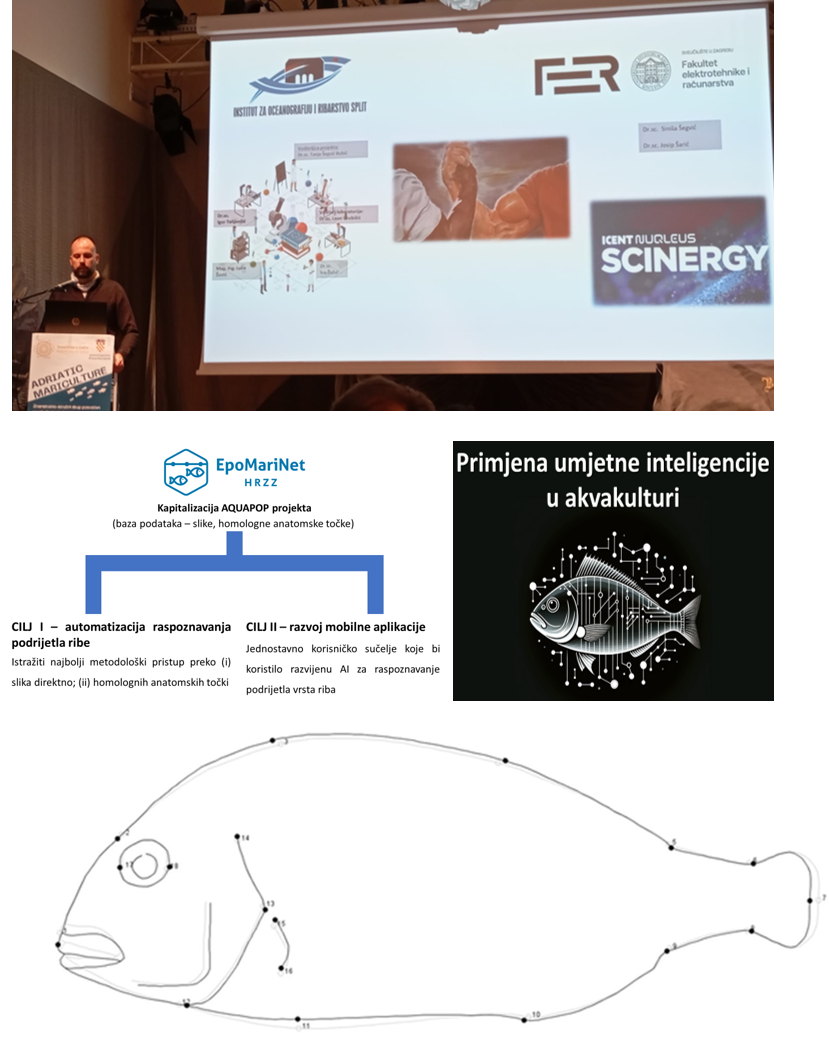
First Presentation of EpoMariNet Results
As part of the 1st Scientific and Professional Conference with International Participation dedicated to Adriatic Mariculture, held in Zadar on April 8, 2024, Senior Assistant Dr. Igor Talijančić delivered an invited lecture titled The Application of Artificial Intelligence in Aquaculture. The lecture presented the initial results of the third work package of the EpoMariNet project, conducted in collaboration with the research team from the Faculty of Electrical Engineering and Computing. The focus was on developing an algorithm to identify the origin of fish (wild vs. farmed) through the analysis of digital photographs using computer vision and semi-supervised learning. The goal of this research is to ensure traceability of escapees in the supply chain and to combat economic fraud effectively.
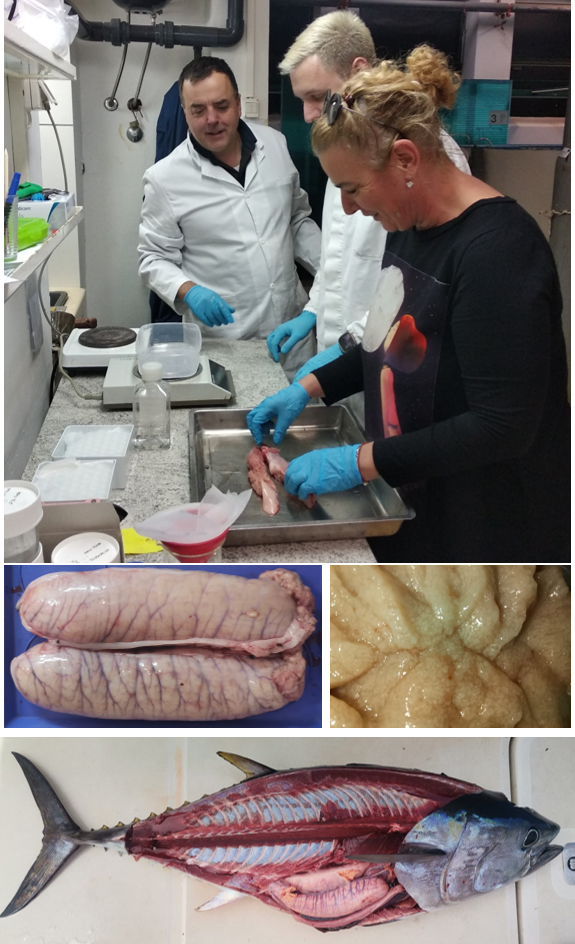
Reproductive Performance of Farmed and Wild Tuna: Research Kickoff
As part of the second work package of the project, the research team began sampling tuna gonads from aquaculture and the wild in late April 2025. In addition to the gonadosomatic index, the study will include determining female fecundity to assess the reproductive performance of tuna in farming cages in the eastern Adriatic. While our previous project, AquaPop, established that tuna farms provide a refuge and act as highly attractive habitats that enhance the productivity of coastal fish communities—and as such, can serve as functional marine protected areas when fishing is absent within the concession area—the research team also observed spontaneous tuna spawning within the cages.
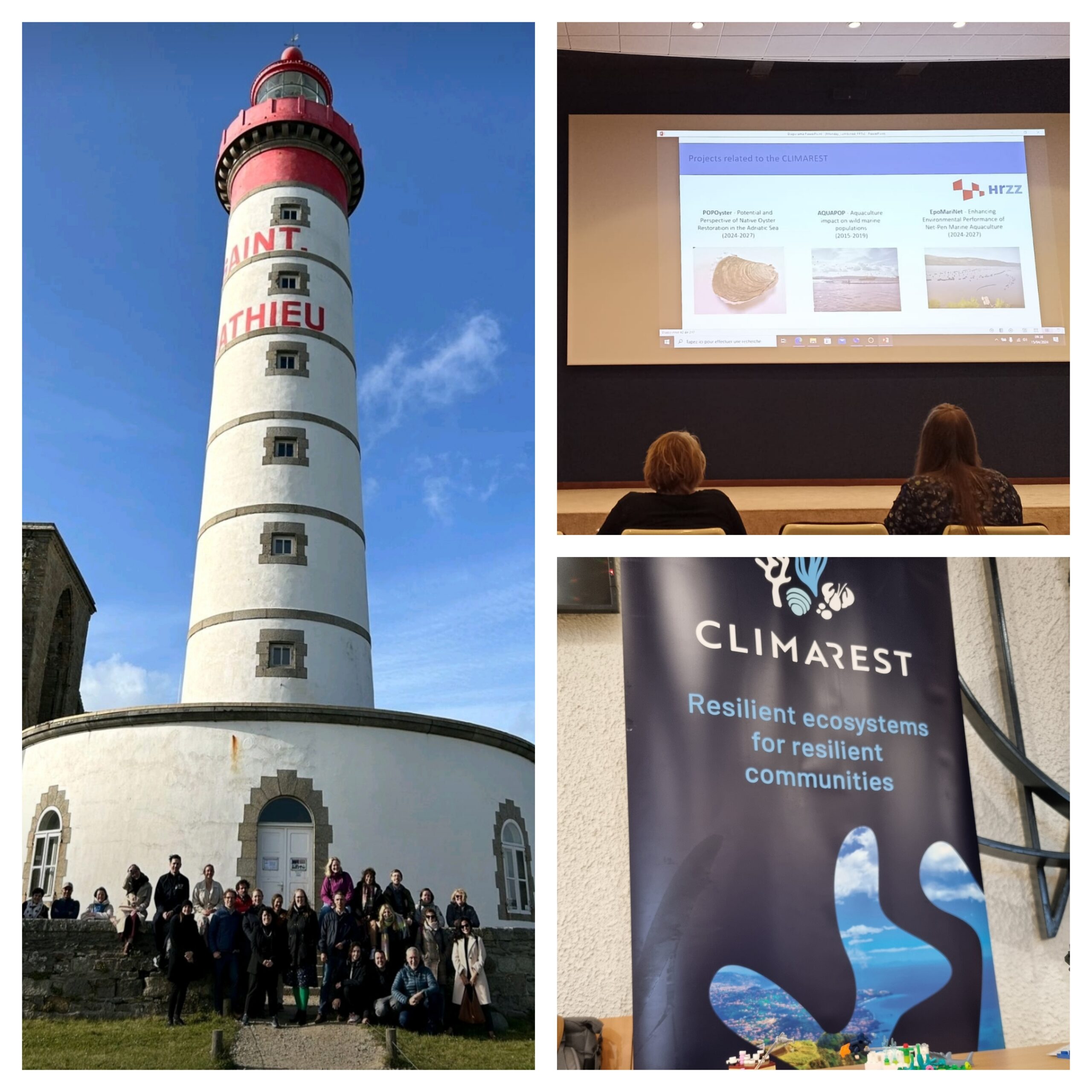
The EpoMariNet project was presented to the CLIMAREST project consortium
During the CLIMAREST project consortium meeting held in Brest from April 15 to 17, 2024, the main goals and activities of the EpoMariNet project were presented. CLIMAREST focuses on climate resilience and ecosystem restoration, bringing together partners from various countries to collaboratively work on sustainable solutions.

The EpoMariNet project was presented in the Workshop on Restorative Aquaculture Initiatives in the Mediterranean Sea
It was a pleasure to participate in the Workshop on Restorative Aquaculture Initiatives in the Mediterranean Sea, organized by the General Fisheries Commission for the Mediterranean (GFCM) in Rome on March 25, 2024, where principal investigator Tanja Šegvić Bubić had the opportunity to present the AquaPop and EpoMarNet projects.
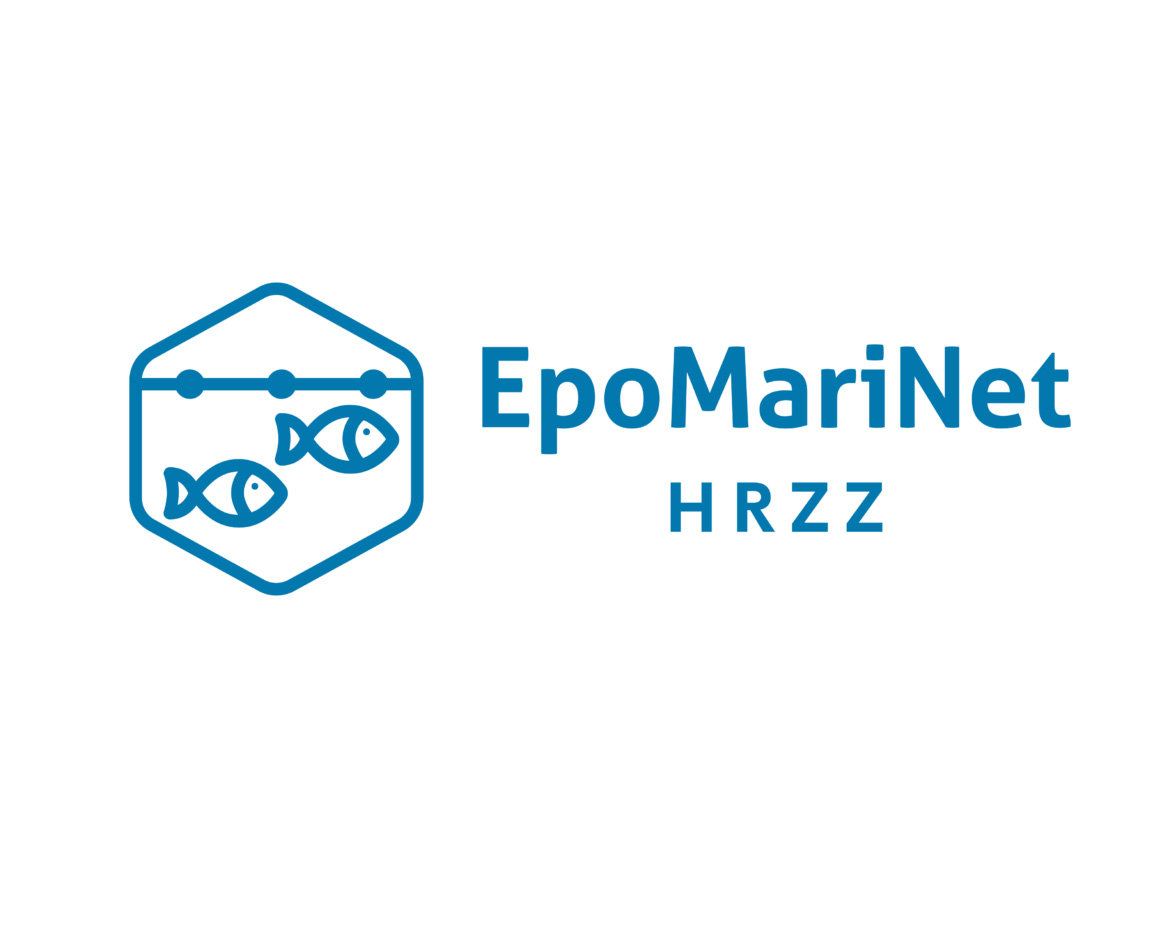
The EpoMariNet project has started
The EpoMariNet project has commenced its implementation. On this page, you will be able to follow the latest updates related to the project.
